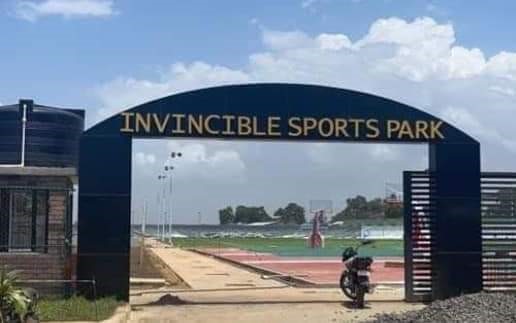The Government of Liberia is taking legal action to reclaim five public parks that were outsourced to a private company, Green Park Management, for management under the previous administration. The Ministry of Justice filed a lawsuit following a report from the General Auditing Commission (GAC) that raised concerns about the management of these parks, which include Unification Park, PHP Park, Invisible Sports Park, New Kru Town Park, and West Point Sports Park. The GAC’s audit revealed significant issues related to the management arrangements and suggested that the government should reclaim control of these state assets to secure proper management and oversight.
In recent statements, Minister of Information, Culture Affairs, and Tourism Jerolinmek Piah highlighted the urgency of the government’s lawsuit, emphasizing that the proper management of public investments is crucial for the state’s accountability. According to the audit’s findings, the parks were unlawfully transferred to the Monrovia City Corporation, which subsequently entered a 30-year management contract with Green Park Management. This arrangement raises questions about transparency and propriety, particularly given that Green Park Management was established just one month before the elections in October 2023.
The GAC report identified Wilfried Paul as the majority shareholder of Green Park Management, with a 60% stake, alongside a 40% stake held by Fatu Kromah. The timing and circumstances surrounding the creation of the company, especially its rapid establishment right before a major electoral event, suggest that the management contract may have been influenced by political motivations rather than sound business practices. The lawsuit filed by the government seeks not only to recover the parks but also to account for all revenues generated from these properties during the Boakai administration.
This legal initiative reflects a growing commitment by the current government to enhance accountability and transparency in the management of public resources. By returning the oversight of the parks to the Ministry of State, the Liberian government aims to ensure that future management is conducted in alignment with national standards and priorities. This move also underscores the importance of rigorous oversight in contracts involving public assets to prevent potential mismanagement or exploitation by private entities.
As the case progresses through the courts, it will likely attract significant public interest. The outcome may set a precedent for how the government handles outsourced contracts in the future. It also raises broader discussions about the relationship between public institutions and private entities, particularly regarding the stewardship of communal resources. Given the potential implications for public trust and investment in Liberia, the government’s actions could catalyze further reforms in public resource management and oversight.
Ultimately, the legal battle to regain control of the public parks reflects an ongoing struggle for transparency and good governance in Liberia. The government’s move may resonate with citizens who demand accountability from their leaders and public institutions. As the case unfolds, stakeholders will be closely watching not only for the immediate impacts on the parks and their management but also for the broader implications for public governance in Liberia moving forward.


